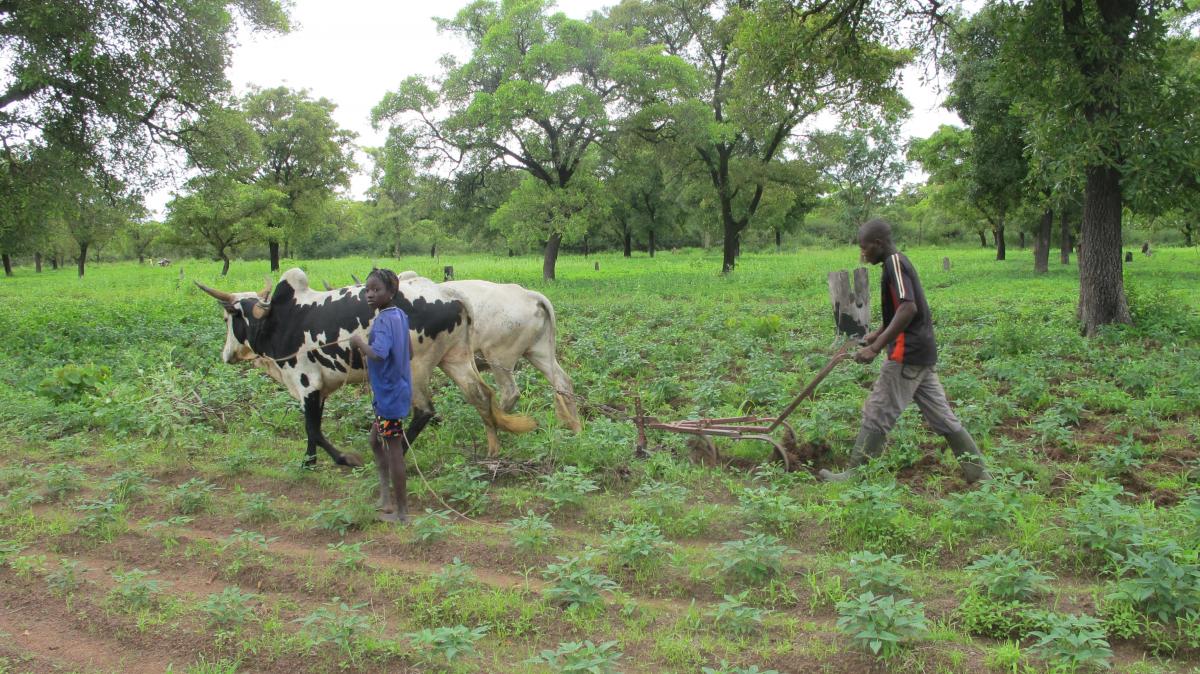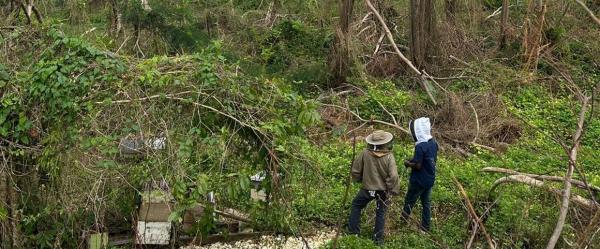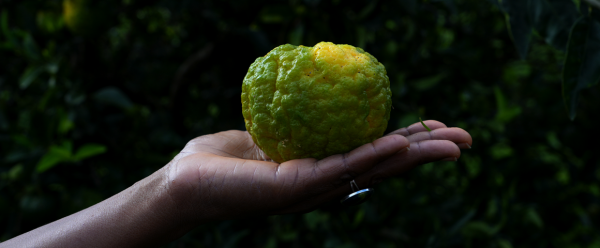Science at work 14 January 2026
- Home
- CIRAD news
- News
- African farmers use agroecological practices
Agroecological practices are widely used by African farmers

Mechanical weeding of cowpeas using animal draught under a wooded park, Koumbia, Burkina Faso, 2011 © E. Vall, CIRAD
In 2021 and 2022, the Viability of Agroecological Practices in Africa (Viability) project, under the umbrella of the Transformative Platform on Agroecology (Agroecology TPP)*, collected data from 11 case studies across eight countries: Burkina Faso, Ethiopia, Kenya, Madagascar, Malawi, Senegal, Tanzania and Tunisia.
The first results make the bold but contentious claim that African farmers are already making widespread use of a range of agroecological (Ae) practices of various origins, and combinations thereof.
A study of farmers’ perceptions of agroecological practices
The method used studied farmers’ perceptions of Ae practices, the conditions for their adoption at farm scale, their performance and the environmental, social, or economic factors that influence their adoption, and while further work remains to be done, the results obtained are already sufficiently compelling to be made public.
Questioning the viability of agroecology
Agroecology is aimed at supporting the sustainable transformation of food and farming systems. It is based on a set of environmental and socio-technical principles that can be applied in various ways depending on the local context. While it has been proposed as a solution to the multiple challenges African farmers face, doubt has often been cast on its viability for those farmers. The Viability project did not set out to resolve arguments, and readily acknowledges that many aspects of agroecology are contentious.
Flexibility is key
The project has studied both farmers who have been active in projects promoting agroecology and those who have not, but at every study site, almost all farmers are using Ae practices. The project has shown that far from being fringe alternatives to conventional practices, Ae practices are deeply embedded in African farming systems.
The key to their use is the variety of available practices and the many possible combinations. Practices that limit use of or reduce the need for external inputs, improve and maintain soils health and increase synergies and recycling dominate, and many involve simple changes in farming systems, such as changing varieties. There are no simple packages, but bespoke solutions depending on each farmer’s individual context.
Bespoke solutions often developed by the farmers themselves
Likewise, the practices used have a range of origins: some are indigenous (developed spontaneously by the farmers themselves), while others have been brought from elsewhere or co-developed. Co-development is a key principle of agroecology, but when a practice is well established in a given area, little further development is required. At the very most, it may be modified or adapted, and this was borne out by the case studies.
Why are farmers turning to agroecology?
Almost all the farmers sampled were using such practices, despite a lack of support if not actual opposition from regimes – policies and research systems – and institutions – government, extension services and the private sector – in some cases. As one informant in Malawi says, “… the tobacco companies are really against agroecology because we promote afforestation”.
Having weighed the advantages and disadvantages of each practice, farmers pick and choose the ones they use, depending on their individual priorities. The farmers’ motivations vary, but are not restricted to merely making money. The most common reasons given for the choices made are increased yields, reduced input costs and higher incomes, while some farmers add environmental protection (reduced soil erosion and water pollution, biodiversity protection, and reduced environmental toxins) and social benefits (better quality of life, happiness, and decreased social conflict).
Contrary to what is often claimed, labour is not always a barrier to the use of Ae practices, with some farmers saying that such practices reduce work times and others considering that any increased workload is cost-effective.
Exploring the viability of agroecology beyond the farm and household level
Assessing the viability of Ae practices is a complex undertaking, since they are generally used in combination and inextricably linked to the other parts of food and farming systems. Likewise, while the Viability project’s study focused on farms and households, the viability of agroecology depends on factors operating on other levels, such as landscapes and territories. Further transdisciplinary research mixing quantitative and qualitative data is required. However, while there is no easy answer to the question “Is agroecology viable?”, there is no doubt that in Africa, agroecology has much to offer in terms of building more sustainable food and farming systems.
As CIRAD’s Nadine Andrieu and CIFOR-ICRAF’s Richard Coe, co-coordinators of the Viability project, said in a recent blog: “It is still early days for analysis and interpretation of the extensive data collected in this project, but it is really exciting to see that important results are already emerging”.
* The Agroecology TPP convenes a broad group of scientists, practitioners and policymakers working together to accelerate agroecological transitions. Since its official launch on 3 June 2021, the TPP has begun addressing knowledge gaps across eight domains that will support various institutions and advocacy groups in key decision-making processes.
This partnership was founded by CIRAD, The Alliance of Bioversity International and CIAT, BioVision, UNEP, FAO and CIFOR-ICRAF.



























